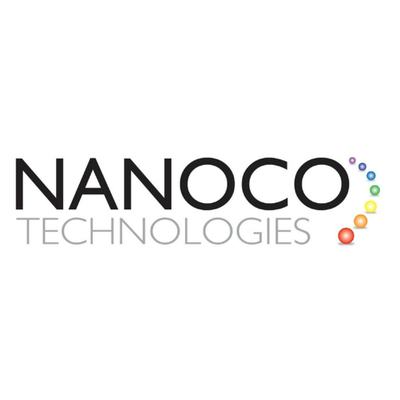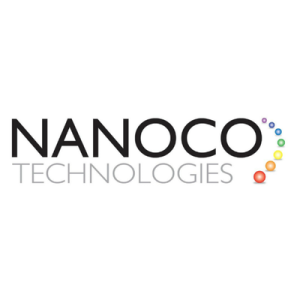Quantum dots are semiconductor nanoparticles with unique optical and electronic properties, making them highly valuable in various applications, particularly in display technologies. Traditionally, quantum dots have been made using cadmium, a toxic heavy metal that poses significant environmental and health risks. As awareness of these risks has grown, so too has the demand for safer alternatives. Cadmium-free quantum dots have emerged as a promising solution, offering the benefits of traditional quantum dots without the associated hazards.
The development of cadmium-free quantum dots represents a significant advancement in nanotechnology. These nanoparticles are typically based on indium phosphide (InP) or other non-toxic materials. They maintain the desirable properties of cadmium-based quantum dots, such as high brightness and the ability to emit light at specific wavelengths, but without the toxic effects. This innovation is particularly important in consumer electronics, where quantum dots are used in displays for televisions, smartphones, and other devices. The use of cadmium-free quantum dots aligns with growing regulatory pressures and consumer demand for safer, more environmentally friendly products.
The Nanoco Group, a leading British nanotechnology company, has been at the forefront of this development. Specialising in the manufacture of cadmium-free quantum dots, Nanoco has positioned itself as a key player in the market, particularly in light of the European Union’s Restriction of Hazardous Substances (RoHS) directive, which limits the use of certain dangerous substances in electronic equipment. Nanoco’s cadmium-free quantum dots are designed to meet these stringent regulations, making them an attractive option for manufacturers looking to comply with environmental standards while still delivering high-performance products.
Nanoco’s technology is based on the use of indium phosphide quantum dots, which have been engineered to achieve high colour purity and brightness, comparable to their cadmium-based counterparts. The company’s expertise in scale-up and production processes has enabled them to produce these quantum dots at a commercial scale, which is critical for meeting the demands of the display industry. This capability has also opened up opportunities for Nanoco in other sectors, such as lighting, solar energy, and life sciences, where the need for non-toxic materials is equally important.
Despite the clear advantages of cadmium-free quantum dots, their adoption has been gradual. This is partly due to the entrenched use of cadmium-based quantum dots in the industry and the technical challenges involved in replicating their performance without cadmium. However, as regulatory pressures increase and the technology continues to mature, the shift towards cadmium-free alternatives is expected to accelerate. Companies like Nanoco are likely to benefit from this trend, as they have already established themselves as leaders in this emerging field.
The development of cadmium-free quantum dots represents a critical step forward in the quest for safer, more sustainable nanotechnology solutions. With companies like Nanoco Group leading the charge, the future of quantum dot technology looks set to be both bright and environmentally responsible. As the industry continues to evolve, the widespread adoption of cadmium-free quantum dots will likely become the norm, reflecting a broader commitment to innovation that prioritises both performance and safety.
Nanoco Group PLC (LON:NANO) leads the world in the research, development and large-scale manufacture of heavy metal-free nanomaterials for use in displays, lighting, vertical farming, solar energy and bio-imaging.


